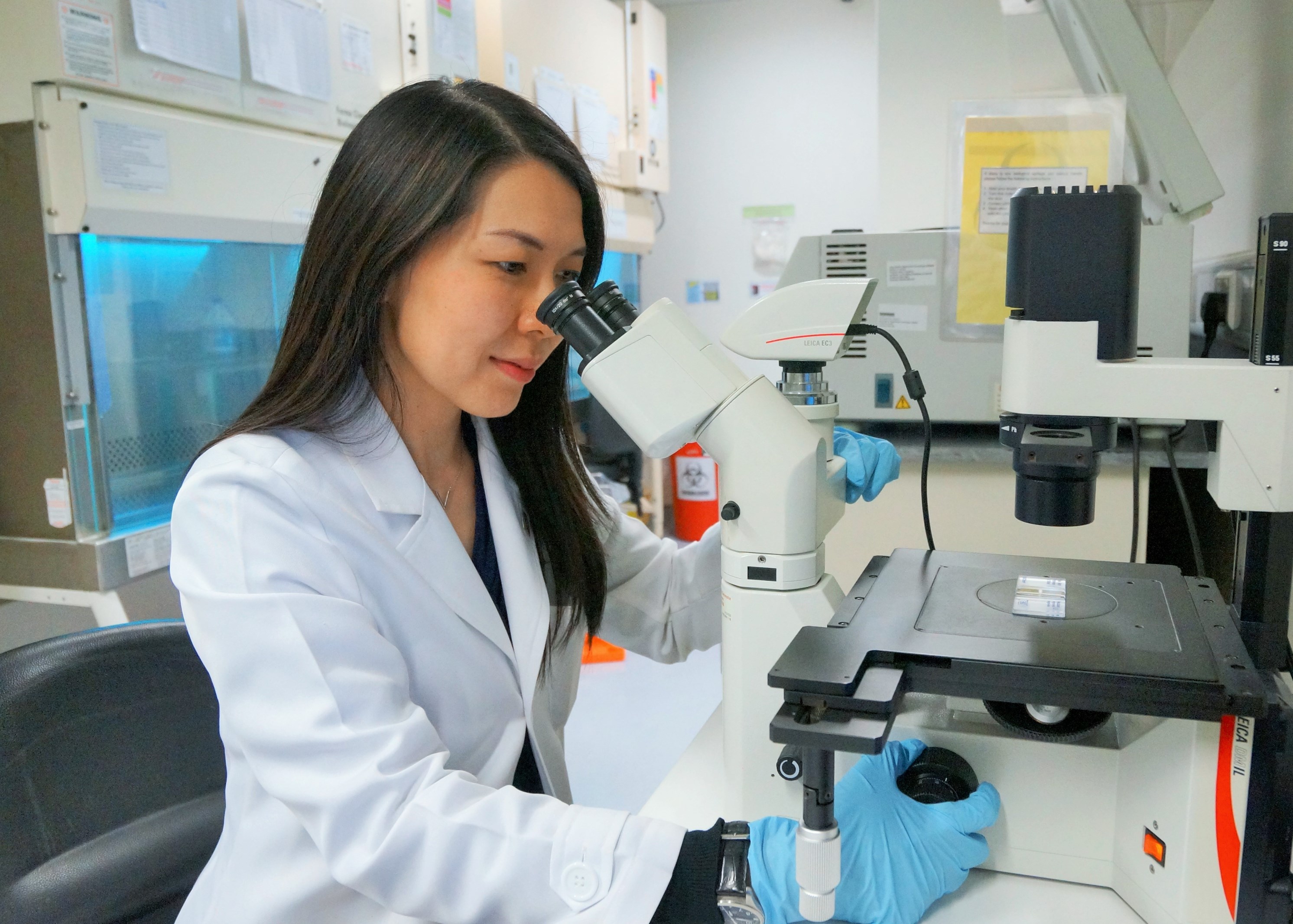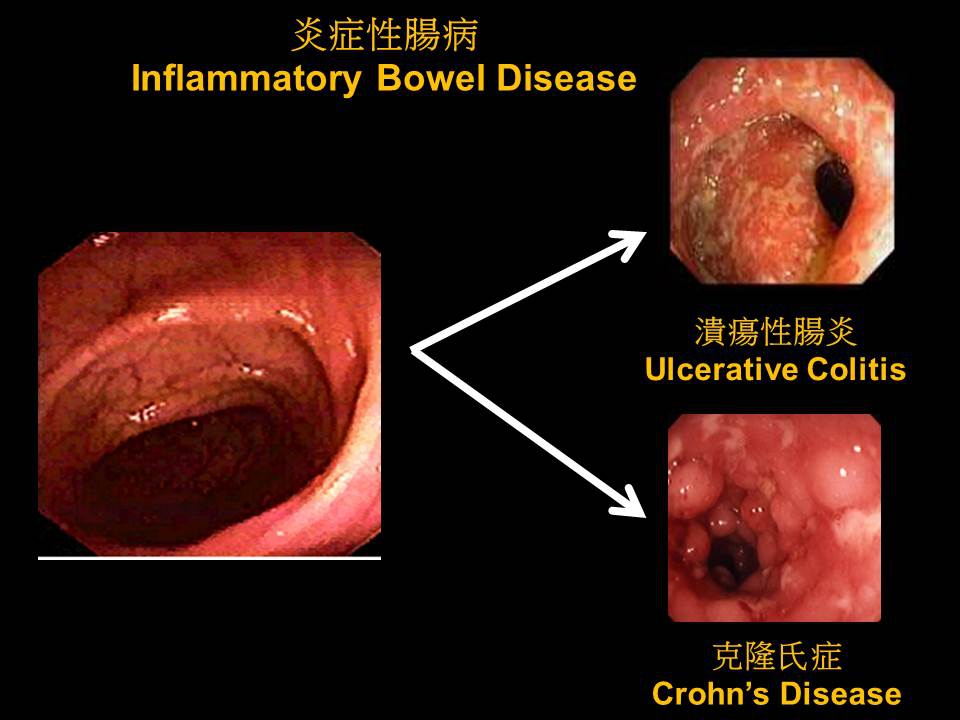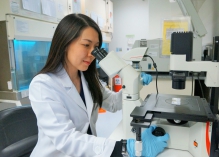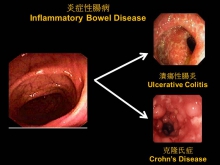CUHK
News Centre
CUHK Receives a USD 1.8 Million Grant from the Prestigious Helmsley Charitable Trust to Investigate Environmental Triggers of Inflammatory Bowel Disease
The Chinese University of Hong Kong (CUHK) announced today (28 March 2017) that it has been awarded a USD 1.8 million grant from The Leona M. & Harry B. Helmsley Charitable Trust (“Helmsley Charitable Trust”) in New York for “The ENIGMA Studies – Eastern Inflammatory Bowel Disease (IBD) Gut Microbiota” (“ENIGMA”). This is one of the largest grants received by CUHK in recent years. ENIGMA is a cross-boundary collaborative research project among CUHK, the University of Melbourne, the University of Queensland and key IBD partner laboratories in mainland China.
IBD is a non-infectious chronic inflammatory disease of the intestine. The onset of the disease frequently occurs in childhood or early adult life. In Hong Kong, the incidence of IBD has increased by 30-fold in the past two decades. It is anticipated that China will have over 1.5 million cases of IBD by 2025. Crohn’s disease, a major sub-type of IBD, is now becoming more common world-wide. Its actual cause remains unknown but there is strong evidence suggesting that microbial organisms and dietary factors contribute to development of Crohn’s disease.
The ENIGMA Consortium comprised of leading clinicians, microbiologists and scientists aims to make discoveries about key microbial organisms and related environmental factors that cause or contribute to the development of Crohn’s disease. Over the past 8 years, a scientific platform has been established across nations of low but rapidly increasing (China), medium (Hong Kong) and high (Australia) Crohn’s disease incidence. World class scientific centres in Australia (St Vincent’s Hospital and University of Melbourne, Professor Michael Kamm) and Hong Kong (The Chinese University of Hong Kong, Professors Siew Ng, Jun Yu and Joseph Sung) will lead this project together with the University of Queensland (Professor Mark Morrison) and key IBD partners in mainland China. CUHK will coordinate the collaboration with key laboratories and leading IBD clinical centres in Beijing (Beijing Military General Hospital), Guangzhou (First Affiliated Hospital, Sun Yat-sen University), Shanghai (Renji Hospital, Shanghai Jiao Tong University) and Xian (Xijing Hospital of Digestive Disease).
Prof Siew Ng said, “We are tremendously grateful to the generous support from the Helmsley Charitable Trust. With the rapidly rising incidence of Crohn’s disease in our society, there is a pressing need to identify causative factors of the disease and to develop new therapies for patients. The food we eat and the bacteria in our gut are likely to be critical to disease development. Understanding the mechanisms underlying Crohn’s disease pathogenesis will enable us to develop optimal dietary and bacterial modification therapies and bring us closer to finding cures for Crohn’s disease.”
About Helmsley Charitable Trust
The Leona M. and Harry B. Helmsley Charitable Trust aspires to improve lives by supporting effective organizations in health and selected place-based initiatives. Since beginning active grant making in 2008, Helmsley has committed more than $1.5 billion for a wide range of charitable purposes. Helmsley’s IBD and Crohn’s Disease Program supports leading research institutions across the globe in an unprecedented effort to find a cure—and until then better treatments—for IBD and Crohn’s disease. For more information, visit helmsleytrust.org.
ENIGMA is a cross-boundary collaborative research project among CUHK, the University of Melbourne, the University of Queensland and key Inflammatory Bowel Disease partner laboratories in mainland China







